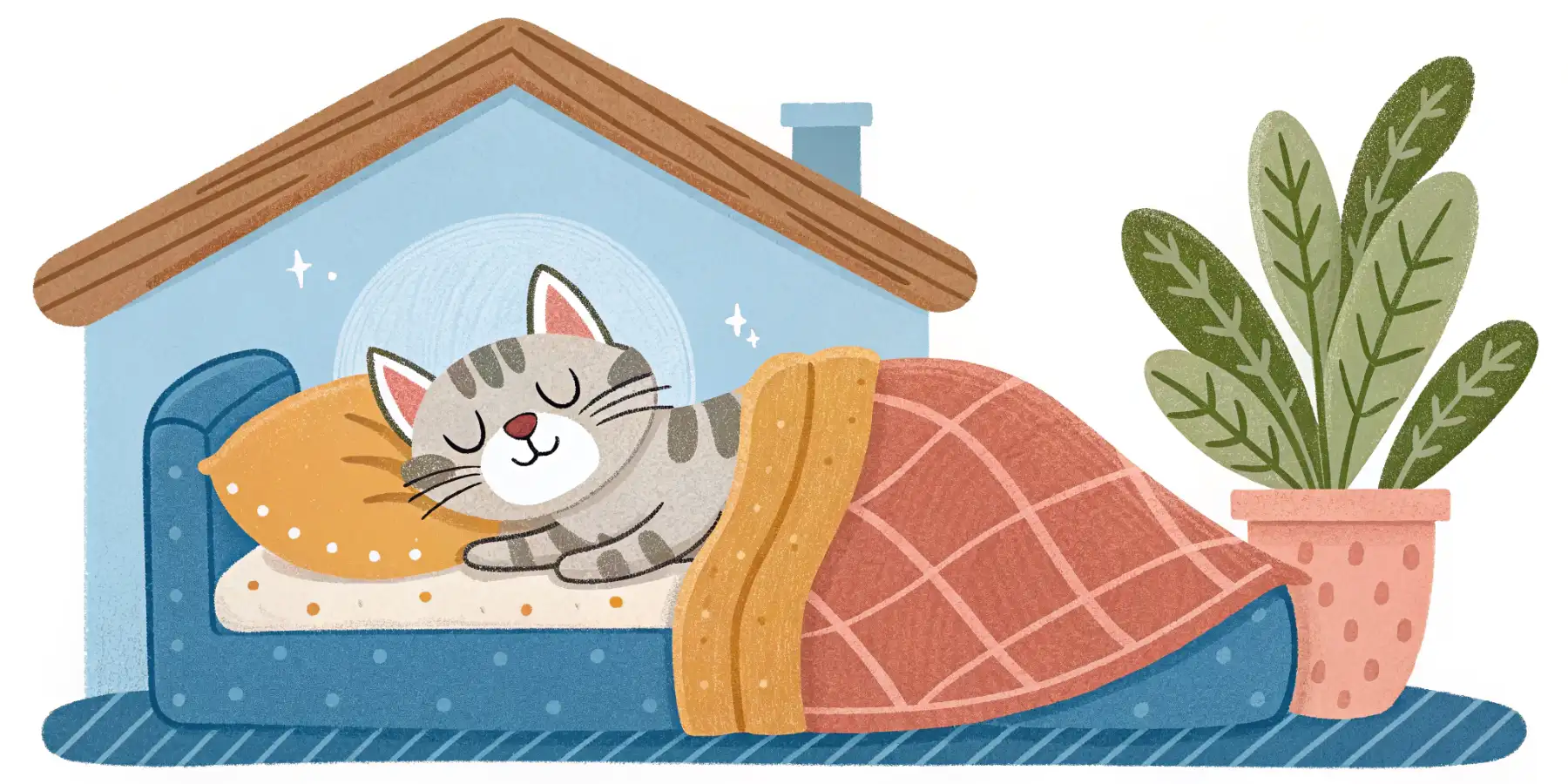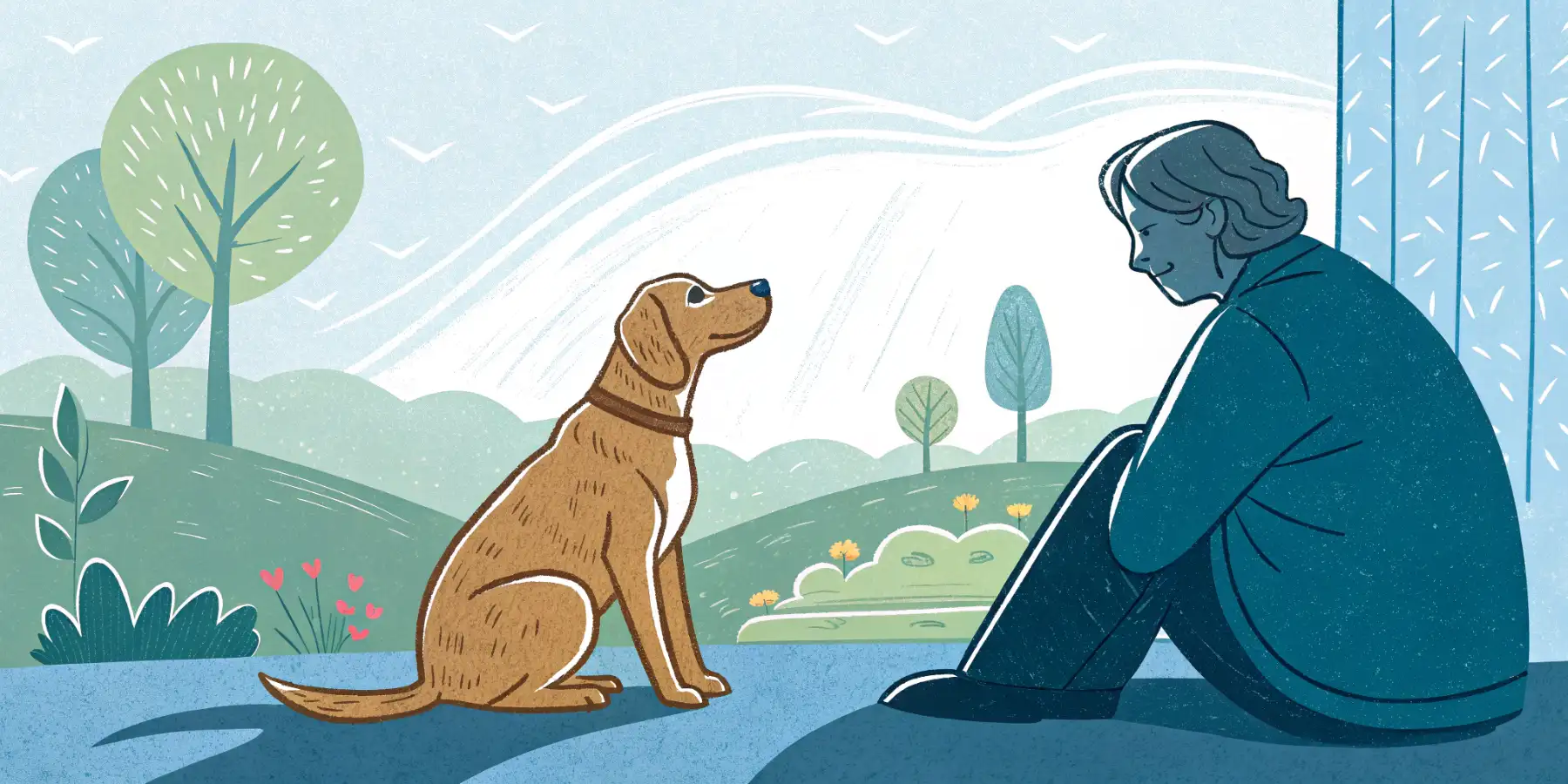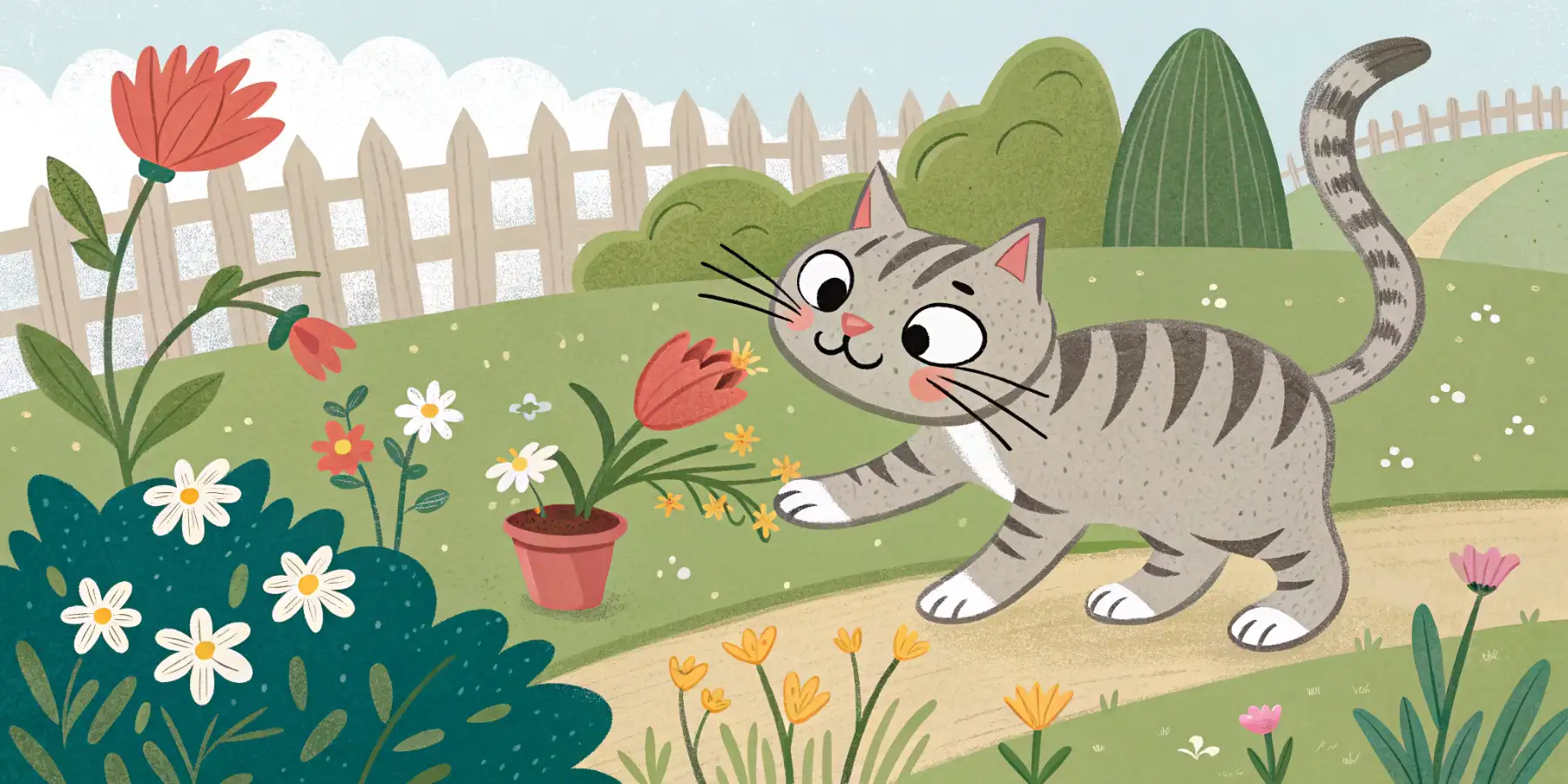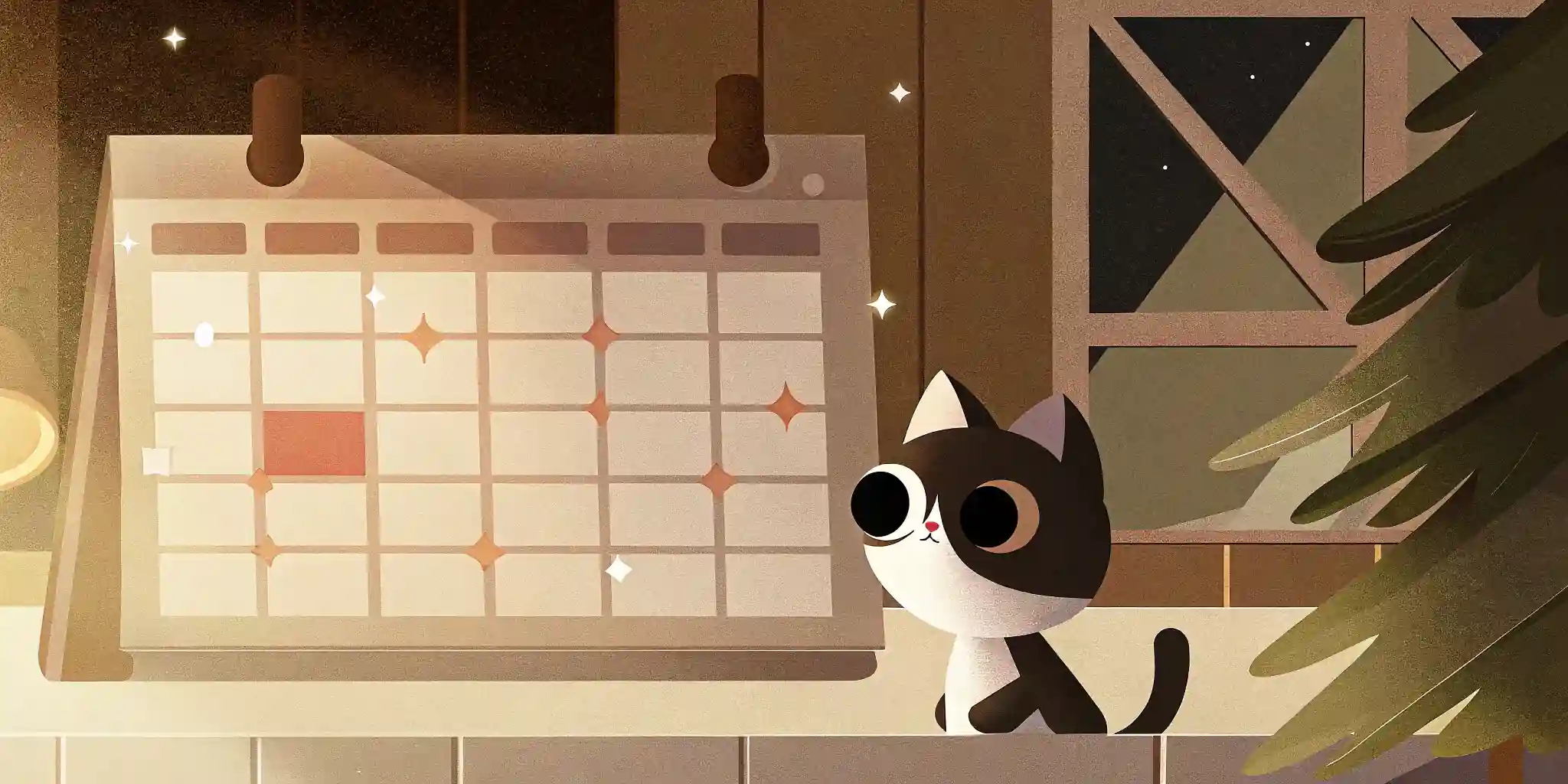
Kitten Shots: Your Vaccination Schedule Guide
New kitten? 😻 Don't skip those **kitten shots**! Our guide makes the **vaccination schedule** easy to understand & keeps your kitty healthy!
The Kitten Vaccination Schedule: Protecting Against Common Feline Diseases
Bringing a new kitten into your home is a joyous occasion. Those tiny paws, playful antics, and adorable meows quickly steal your heart. But along with the joy comes responsibility, and one of the most crucial aspects of responsible kitten ownership is ensuring they receive the proper vaccinations. Understanding the kitten vaccination schedule and the diseases it protects against is vital for giving your feline friend a long, healthy life.
Why are Kitten Vaccinations So Important?
Kittens are particularly vulnerable to infectious diseases. Their immune systems are still developing, making them susceptible to a range of potentially life-threatening illnesses. Vaccines work by stimulating the immune system to produce antibodies that fight off specific diseases. Think of it as giving your kitten’s immune system a “practice run” against dangerous invaders. Without vaccinations, kittens are at a significantly higher risk of contracting these diseases and suffering serious complications, or even death. We want them to grow into happy, healthy cats, and vaccinations are the first and best line of defense.
.webp) A veterinarian carefully administers a vaccine to a young kitten, providing essential protection against feline diseases.
A veterinarian carefully administers a vaccine to a young kitten, providing essential protection against feline diseases.
Core Kitten Vaccinations: Building a Foundation of Health
The core kitten vaccinations are those recommended for all kittens, regardless of their lifestyle or geographic location. These vaccines protect against diseases that are highly contagious, potentially fatal, and widespread in the feline population.
-
FVRCP (Feline Viral Rhinotracheitis, Calicivirus, and Panleukopenia): This combination vaccine is a cornerstone of kitten health. It protects against three common and serious feline diseases:
- Feline Viral Rhinotracheitis (FVR): A highly contagious upper respiratory infection, also known as feline herpesvirus.
- Feline Calicivirus (FCV): Another common cause of upper respiratory infections and oral ulcers.
- Feline Panleukopenia (FPV): Also known as feline distemper, a highly contagious and often fatal disease that attacks the bone marrow, intestines, and immune system.
In my experience, FVRCP is the most crucial vaccine for kittens. I’ve seen firsthand the devastating effects of panleukopenia, and it’s a disease you definitely want to prevent. The FVRCP vaccine for kittens is generally given in a series of boosters.
-
Rabies: A fatal viral disease that affects the central nervous system. Rabies is transmissible to humans and other animals, making vaccination a legal requirement in most areas.
The Kitten Vaccination Schedule: A Timeline for Protection
The kitten vaccination schedule typically begins around 6-8 weeks of age and involves a series of booster shots spaced 3-4 weeks apart. Here’s a general guideline, but always consult with your veterinarian for a schedule tailored to your kitten’s individual needs:
- 6-8 Weeks: First FVRCP vaccine
- 10-12 Weeks: Second FVRCP vaccine
- 14-16 Weeks: Third FVRCP vaccine and Rabies vaccine
It’s crucial to complete the entire series of booster shots to ensure your kitten develops a strong and lasting immunity.
Non-Core Vaccinations: Tailoring Protection to Your Kitten’s Lifestyle
In addition to the core vaccines, there are several non-core vaccines that may be recommended depending on your kitten’s lifestyle, risk factors, and geographic location. Discuss these with your veterinarian to determine if they are necessary for your furry friend.
- FeLV (Feline Leukemia Virus): This virus weakens the immune system and increases the risk of cancer and other diseases. It is transmitted through saliva, blood, and nasal secretions. Vaccination is highly recommended for kittens who will be spending time outdoors or living with other cats, especially those of unknown FeLV status.
- FIV (Feline Immunodeficiency Virus): While there is a vaccine for FIV, it’s not routinely recommended. The vaccine’s efficacy is debated, and it can interfere with FIV testing. I believe that responsible testing and management of FIV-positive cats are generally more effective than vaccination.
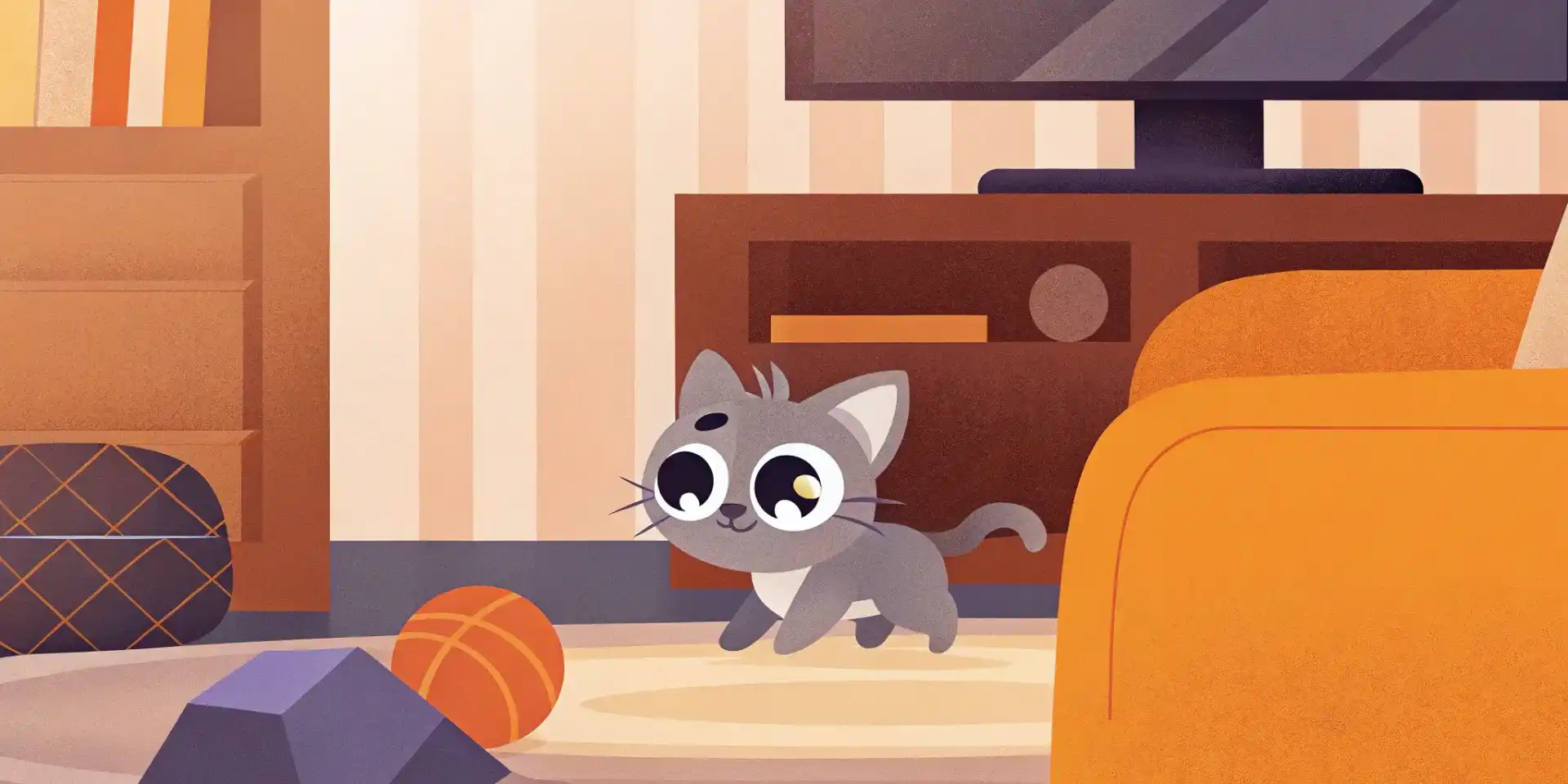 An indoor kitten playing with toys. The kitten’s environment and lifestyle will help determine which non-core vaccinations are necessary.
An indoor kitten playing with toys. The kitten’s environment and lifestyle will help determine which non-core vaccinations are necessary.
Understanding Potential Vaccine Side Effects
While vaccines are generally safe and effective, some kittens may experience mild side effects after vaccination. These side effects are usually temporary and resolve on their own within a day or two. Common side effects include:
- Mild fever
- Lethargy
- Soreness at the injection site
- Decreased appetite
In rare cases, more serious side effects can occur, such as allergic reactions. If you notice any unusual symptoms after your kitten’s vaccination, such as difficulty breathing, swelling of the face, or hives, contact your veterinarian immediately.
“My Kitten Sneezes After Vaccination”: What to Do
It’s not uncommon for a kitten to sneeze or exhibit mild upper respiratory symptoms after receiving the FVRCP vaccine. This is usually a mild reaction as their immune system responds. Monitor your kitten for any worsening symptoms, such as a persistent cough, loss of appetite, or significant lethargy. Contact your vet if you’re concerned.
Maintaining Immunity: Booster Shots for Life
The protection provided by kitten vaccinations doesn’t last forever. To maintain immunity throughout your cat’s life, regular booster shots are necessary. Your veterinarian will recommend a booster schedule based on your cat’s individual risk factors and the specific vaccines they received.
 A veterinarian administering a booster shot to an adult cat, ensuring continued protection against feline diseases.
A veterinarian administering a booster shot to an adult cat, ensuring continued protection against feline diseases.
Investing in Your Kitten’s Future
Following the recommended kitten vaccination schedule is an investment in your feline companion’s long-term health and well-being. By protecting your kitten from preventable diseases, you’re giving them the best possible start in life and ensuring many years of companionship to come. Don’t hesitate to discuss any concerns or questions you have with your veterinarian. They are your best resource for creating a vaccination plan tailored to your kitten’s specific needs. Remember, preventative care is always better than reactive treatment, and vaccinations are a cornerstone of preventative care for our beloved feline friends.
